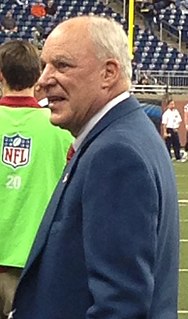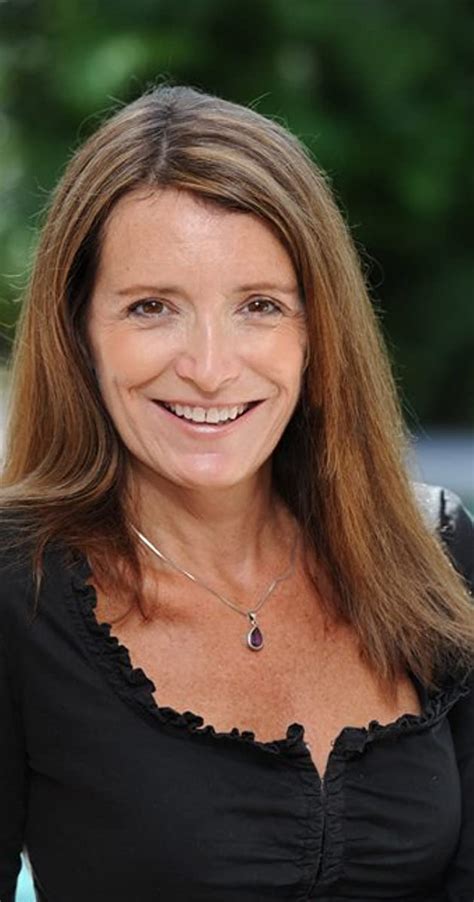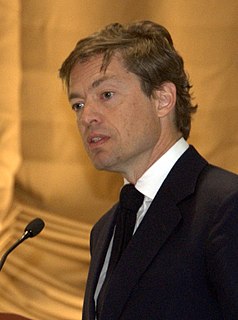A Quote by Doris Lessing
I remember World War II when there were very few books, very little paper available. For me to walk into a shop or look at a list and see anything that I want, or almost anything, is like a kind of miracle.
Related Quotes
It's important to remember that World War II was experienced very much as a continuity in that sense. Most of World War II in most of Europe wasn't a war; it was an occupation. The war was at the beginning and the end, except in Germany and the Soviet Union, and even there really only at the end. So the rest of time it's an occupation, which in some ways was experienced as an extension of the interwar period. World War II was simply an extreme form, in a whole new key, of the disruption of normal life that began in 1914.
For some of us, books are as important as almost anything else on earth. What a miracle it is that out of these small, flat, rigid squares of paper unfolds world after world after world, worlds that sing to you, comfort and quiet or excite you. Books help us understand who we are and how we are to behave. They show us what community and friendship mean; they show us how to live and die.
Before I write anything, before I create any assumption in my mind about what it's like to be in that world, I go out there first. I'm very drawn to darkness and light, very drawn to cop drama, because there are very few places besides war and murder and a homicide investigation where you see the extremes of human nature - the darkest crevices and cracks in what people do to one another.
I think when I was a young person, there was just kind of - there was very little dialogue about it. And there was just kind of one way to be gay, right? You saw very effeminate guys. You saw very butch women. And there was no kind of in-between. And there was no - you know, there wasn't anything in the media. There wasn't anything on television.
World War II made war reputable because it was a just war. I wouldn't have missed it for anything. You know how many other just wars there have been? Not many. And the guys I served with became my brothers. If it weren't for World War II, I'd now be the garden editor of The Indianapolis Star. I wouldn't have moved away.
I would change very little because I have been very, very fortunate. A lot of things fell into place for me simply by happenstance. When that happens you don't really want to change anything, even if you could. Editorially my regrets are few and for the most part minor. I look back on my first published book and think I held on to it too long, babied it too long.
The funny part of it all is that relatively few people seem to go crazy, relatively few even a little crazy or even a little weird, relatively few, and those few because they have nothing to do that is to say they have nothing to do or they do not do anything that has anything to do with the war only with food and cold and little things like that.
Most of the boys would come with bits of equipment that their fathers had given them from their war days - helmets, canteens, binoculars, these kinds of things - that leant a kind of authenticity to the games we were playing. But, of course, my father never gave me anything. So I began to question him. You know, Why don't you have anything from the war? And I think he was...embarrassed to tell me he hadn't fought, because, you know, little boys want to turn their fathers into heroes, and he didn't want to be diminished in my eyes.
I am in a space now where I can try anything; and with Pink Floyd we've always been in a space where we were able to try out anything. I think we were very young then and we were very keen to experiment and try things out. It seems to me that this sort of experimenting is like working yourself towards something and trying to find what you like and what you want.
It's very important to understand that World War II is at the base of this new policy. From the 1890s on, the U.S. was always imperialistic. We went after the Philippines, and we did the same in Cuba, in Hawaii. We controlled South America. Woodrow Wilson was not what he was supposed to be. He was very much a white man first. "The world must be made safe for democracy." It really accelerates after World War II.
I want you to try and remember what it was like to have been very young. And particularly the days when you were first in love; when you were like a person sleepwalking, and you didn’t quite see the street you were in, and didn’t quite hear everything that was said to you. You’re just a little bit crazy. Will you remember that, please?







































